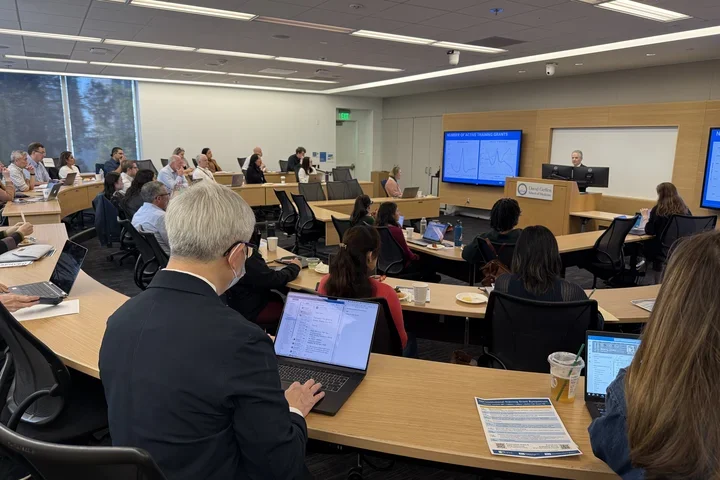Frailty status more predictive of TAVR outcomes than cancer status

Among patients undergoing transcatheter aortic valve replacement, increased frailty was independently associated with worse outcomes, including all-cause death, whereas cancer history did not independently affect frailty-adjusted mortality.
In a single-center analysis of adults with aortic stenosis stratified by cancer history, researchers also found that composite frailty score was not associated with outcomes after TAVR in the active/recent cancer and remote cancer cohorts.
“This retrospective study demonstrated that when evaluating patients with active or a prior history of cancer for TAVR, factoring in measures of frailty may be more predictive of how they fare with life span and quality of life than having cancer itself,” Eric H. Yang, MD, FACC, FASE, FAHA, an associate clinical professor of medicine at the Ronald Reagan UCLA Medical Center, told Healio.
The research, published in Clinical Cardiology, was supported in part by UCLA CTSI biostatistical services.
Read the full press release by Healio.
image caption: Eric Yang, MD, senior author.
Image source: UCLA



